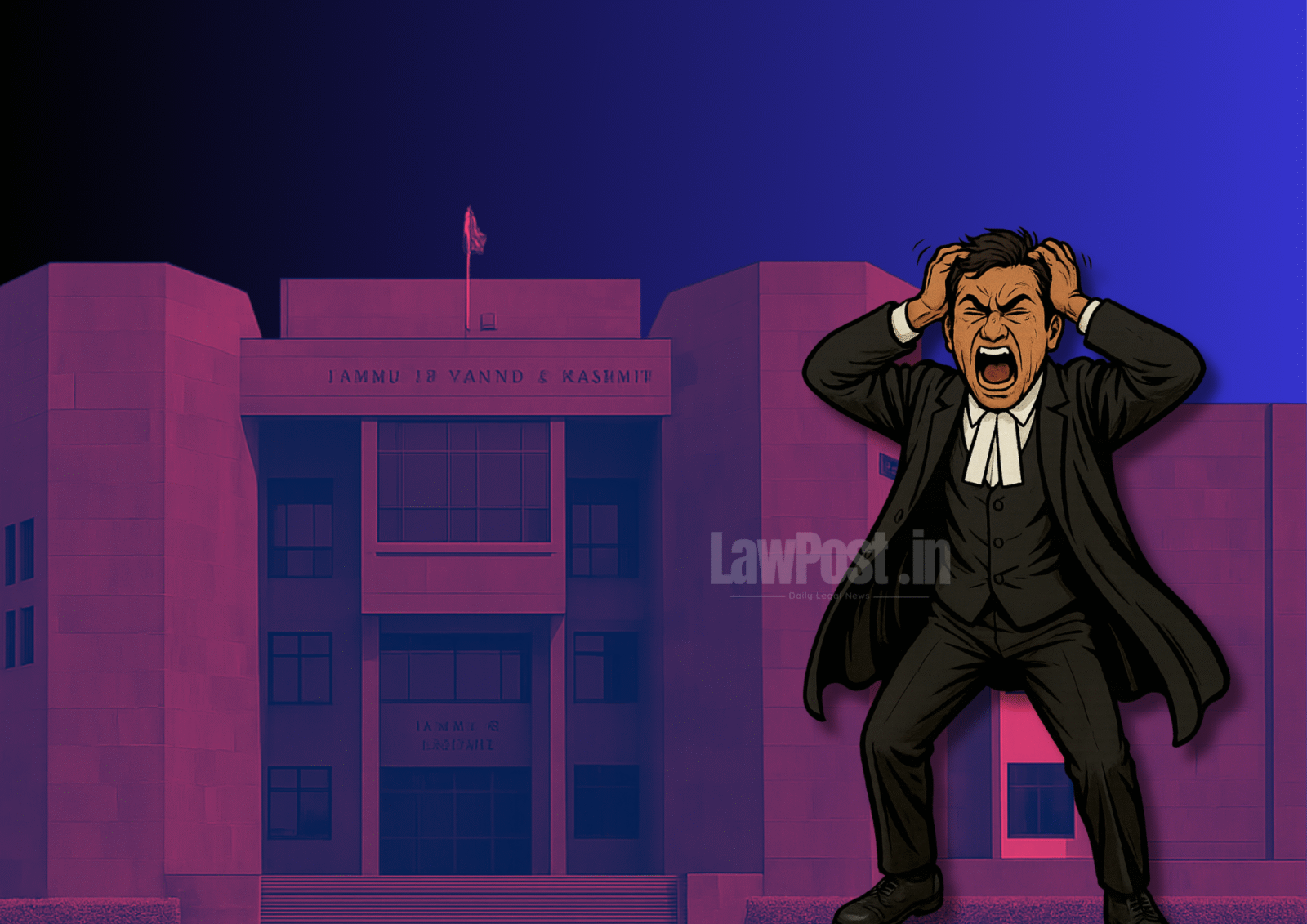“How long can the UT of Jammu & Kashmir and Ladakh go without an Advocate General in office?” — High Court
The Jammu & Kashmir and Ladakh High Court has raised serious concerns over the prolonged vacancy of the Advocate General’s post, which has remained unfilled since October 2024. Hearing a petition filed by the Shri Nav Durga Jhaleri Mata Trust, the Court questioned the delay and its wider implications on the legal governance of public religious and charitable institutions.
Justice Rahul Bharti, who presided over the matter, remarked that Section 92 of the Code of Civil Procedure (CPC) — which empowers the Advocate General to initiate civil suits for the proper administration of religious and charitable trusts — has effectively become a “dead letter of law” in the absence of a functioning AG.
“An important question of law is also incidentally getting confronted in this writ petition … is that for how long the UT of Jammu & Kashmir and Ladakh can go without an Advocate General in office in whose absence section 92 of the Code of Civil Procedure, 1908 is suffering suspended animation … Office of Advocate General is in vacancy in UT of Jammu & Kashmir and Ladakh since long leaving a live provision a dead letter of law,” the Court said.
The post has been vacant since former AG DC Raina stepped down following the formation of the Omar Abdullah-led National Conference coalition government. Reports suggest an ongoing tussle between the Lieutenant Governor’s office and the elected government is delaying the appointment.
The case itself concerns the administration of the Shri Nav Durga Jhaleri Mata Shrine in Reasi district. The Trust managing the temple has challenged the government’s decision to hand over the shrine to the Shiv Khori Shrine Board, calling it a “hostile takeover.” The High Court has stayed the takeover order and appointed the CEO of the Shri Mata Vaishno Devi Shrine Board as the interim administrator.
“There is a scope for this Court to come intervening by calling upon the Government of UT of J\&K to apprise this Court about the state of affairs related to the appointment of an Advocate General for UT of J\&K,” Justice Bharti added.
Pending further hearing on July 16, the Court has ordered that all offerings and donations at the shrine be received solely by the interim CEO, and that any spending be subject to judicial approval.
The matter has also opened up wider constitutional questions on the executive’s authority to interfere in religious institutions without legislative backing. The ongoing legal vacuum due to the absence of an Advocate General, as emphasized by the Court, continues to impact the judicial mechanism meant to safeguard public religious assets.
Case: Shri Nav Durga Jhaleri Mata Trust vs UT of J&K and others – Available on LAWFYI.IO








